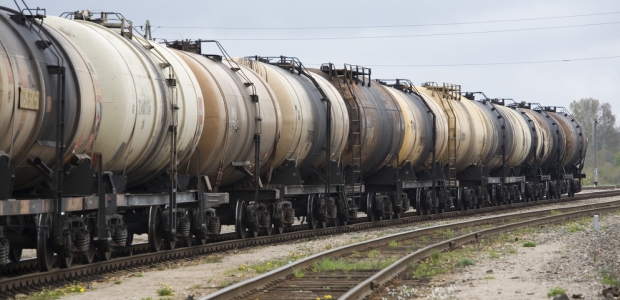
Inspectors Still Checking Crude Oil Tank Cars in New York State
State and federal inspectors found three critical defects and 41 non-critial ones in the latest round of inspections on track, track hardware, and tank car mechanical safety equipment, Gov. Andrew Cuomo announced Sept. 20.
New York Gov. Andrew M. Cuomo announced that state and federal inspectors found a total of three critical defects and 41 non-critical defects during their latest round of crude oil tank car and rail inspections in the state. Inspection teams examined 109 crude oil tank cars, approximately 196 miles of track, and 72 switches as they focused on track, track hardware, and tank car mechanical safety equipment, including wheels, brakes, and couplers.
Critical defects involve important maintenance issues that must be addressed immediately but don't necessarily indicate safety lapses, while non-critical rail defects must be repaired within 30 days. Tank car defects must be fixed before the train departs the yard or, if that is not possible, the affected car must be pulled from the train to await repair.
"Protecting public safety is our number one priority, and by finding and repairing defects in crude oil tanks and on railroad tracks, we are working to avoid risk and prevent accidents," Cuomo said. "We will continue to hold crude oil transport to the strictest possible standard to ensure a safer rail system for all in New York."
The inspectors work for the New York State Department of Transportation and the Federal Railroad Administration. They conducted tanker inspections at CSX Corporation's Frontier Rail Yard in Buffalo and CSX mainline track between Selkirk and Schenectady; between Rome and Oneida; between Hamburg and Cheektowaga; and between Blasdell and Ripley, as well as a CSX switch in Haverstraw. They also inspected Canadian Pacific-owned mainline track between Albany and Clifton Park and between Willsboro and Whitehall.
The inspection campaign began in February 2014 and thus far has identified 1,736 defects after 13,120 rail cars and 5,087 miles of track have been checked. The inspectors also have issued 23 hazardous materials violations.